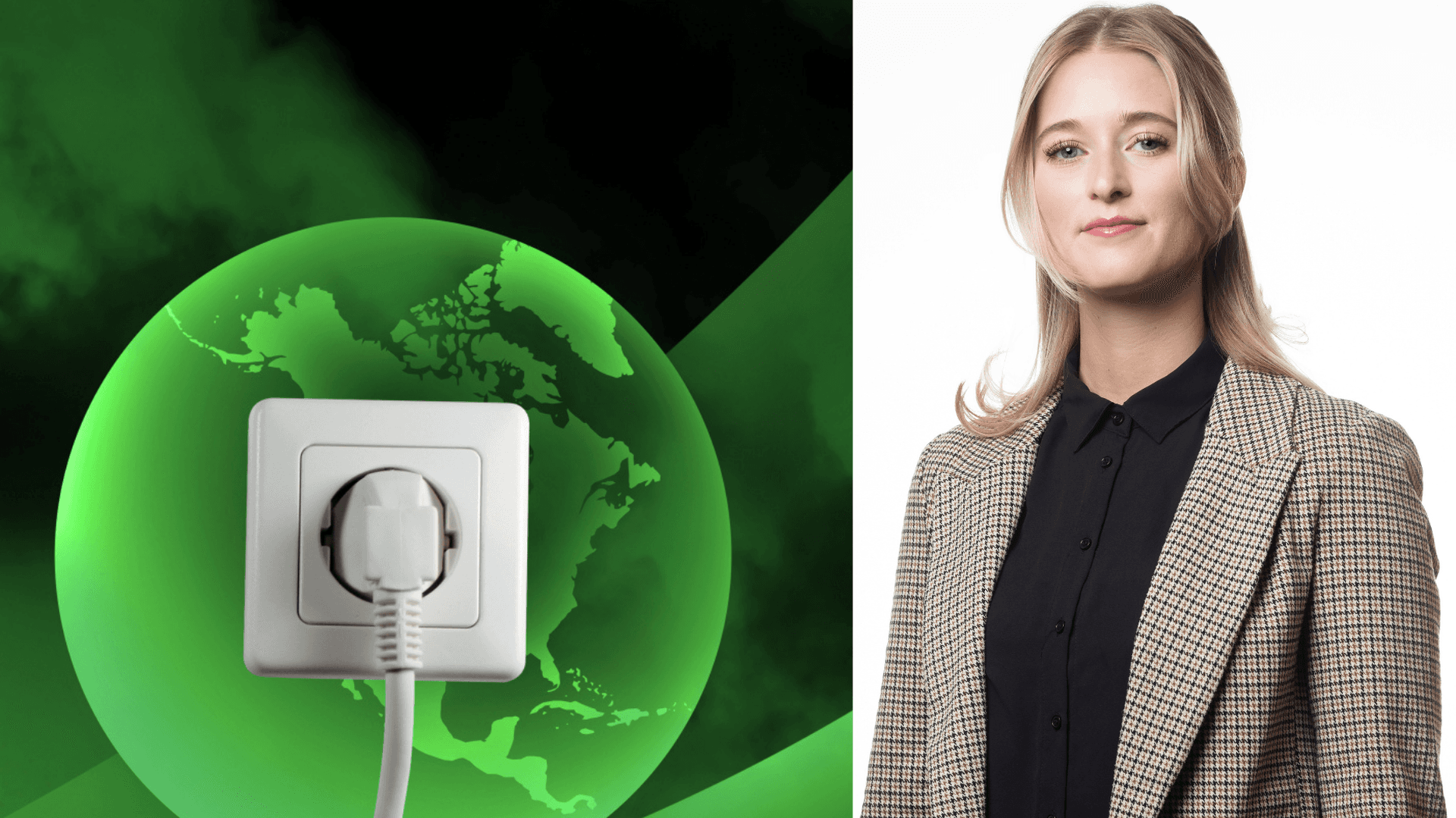Why the EU’s environmental classification system hits Swedish companies hard
Despite harsh criticism being directed at the EU’s taxonomy, Swedish authorities apply the classification. Companies that need government credit guarantees to restructure are now being affected.

Despite harsh criticism being directed at the EU’s taxonomy, Swedish authorities apply the classification. Companies that need government credit guarantees to restructure are now being affected.
– This is creating considerable concern among Swedish businesses, says Malin Jonsson Fredriksson, Project Co-ordinator Sustainability and Infrastructure at the Confederation of Swedish Enterprise. Swedish hydropower has been treated more harshly than other renewable energy such as solar and wind power.
The taxonomy is the EU’s list of economic activities that are considered environmentally sustainable. The idea is that the taxonomy will help the EU to achieve its goals for the Paris Agreement and the European Green Deal, the EU’s strategy for European industry to become green, digital and competitive.
Swedish Enterprise has welcomed the classification system since its inception. But as details of the technical screening criteria emerge, our concern is growing. The taxonomy is described as being technology-neutral, which means that when investment projects are selected, no requirements can be made in terms of the use of specific technologies. But from the so-called delegated acts that contain definitions for what is classified as sustainable, it is clear that different types of energy are still treated differently.
– For example, Swedish hydropower has been treated more harshly than other renewable energy such as solar and wind power, says Malin Jonsson Fredriksson.
Furthermore, nuclear power has been removed from the list of fossil-free production techniques and is instead grouped together with natural gas and agriculture in a separate process. Swedish Enterprise cites a report from the EU’s Joint Research Centre, which confirms that there is no research-based evidence that nuclear energy does more harm to human health or the environment than other fossil-free types of production.
– Nuclear power should have been included in the common acts. We want to see nuclear power to be wholly considered in a technically neutral way. Nuclear power is extremely important to the composition of Sweden’s energy supply – now and in the future – so it’s very unfortunate that nuclear power has not been included. Technology neutrality has been abandoned in this instance, says Malin Jonsson Fredriksson.
In its budget bill, the Swedish government proposes the extension of green credit guarantees. This means that companies that need to invest to restructure can seek financial support from the state to shoulder part of the risk for loans from credit institutions. The proposal will see the gradual increase of the guarantee framework from SEK 15 billion today to SEK 80 billion in 2024.
The taxonomy may make the climate transition harder
Swedish Enterprise supports credit guarantees that facilitate the investment that is vital for the sustainability and competitiveness of Swedish industry. However, we also caution that the taxonomy may make the climate transition harder. The Swedish National Debt Office has decided to assess which companies will receive credit guarantees in accordance with the taxonomy regulations.
– Unfortunately, the taxonomy is both incomplete and untested. This risks acting against the Swedish approach to achieve a fossil-free society because key parts of the Swedish energy supply mix, such as hydropower, are defined more stringently or are not yet classified as nuclear power, says Malin Jonsson Fredriksson.
Swedish Enterprise is also concerned that the flawed taxonomy regulations risk spreading to other areas. A concrete example of this is that Sweden’s export credit agency, (EKN), which is to process smaller credit guarantee applications from export companies, has said that it will also use the taxonomy in its assessments.
– This creates considerable concern and uncertainty for Swedish business. The process of drafting the regulation has also lacked transparency. Business has had extremely limited opportunity to share their expert knowledge, and this has deteriorated further in the ongoing process of developing technical screening criteria for the Taxonomy’s last four environmental goals. This risks undermining the taxonomy’s legitimacy and genuine sustainability benefits, says Malin Jonsson Fredriksson.